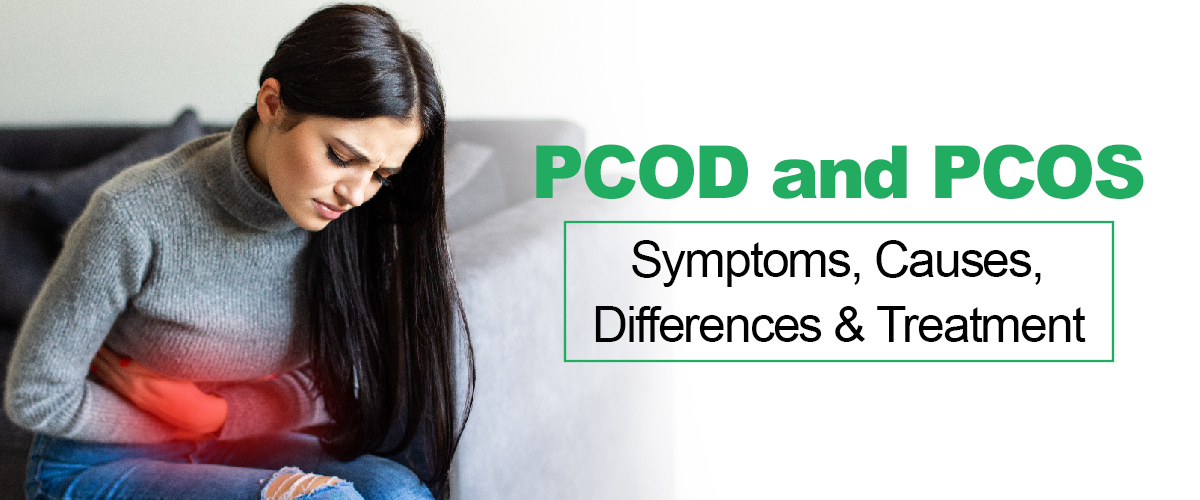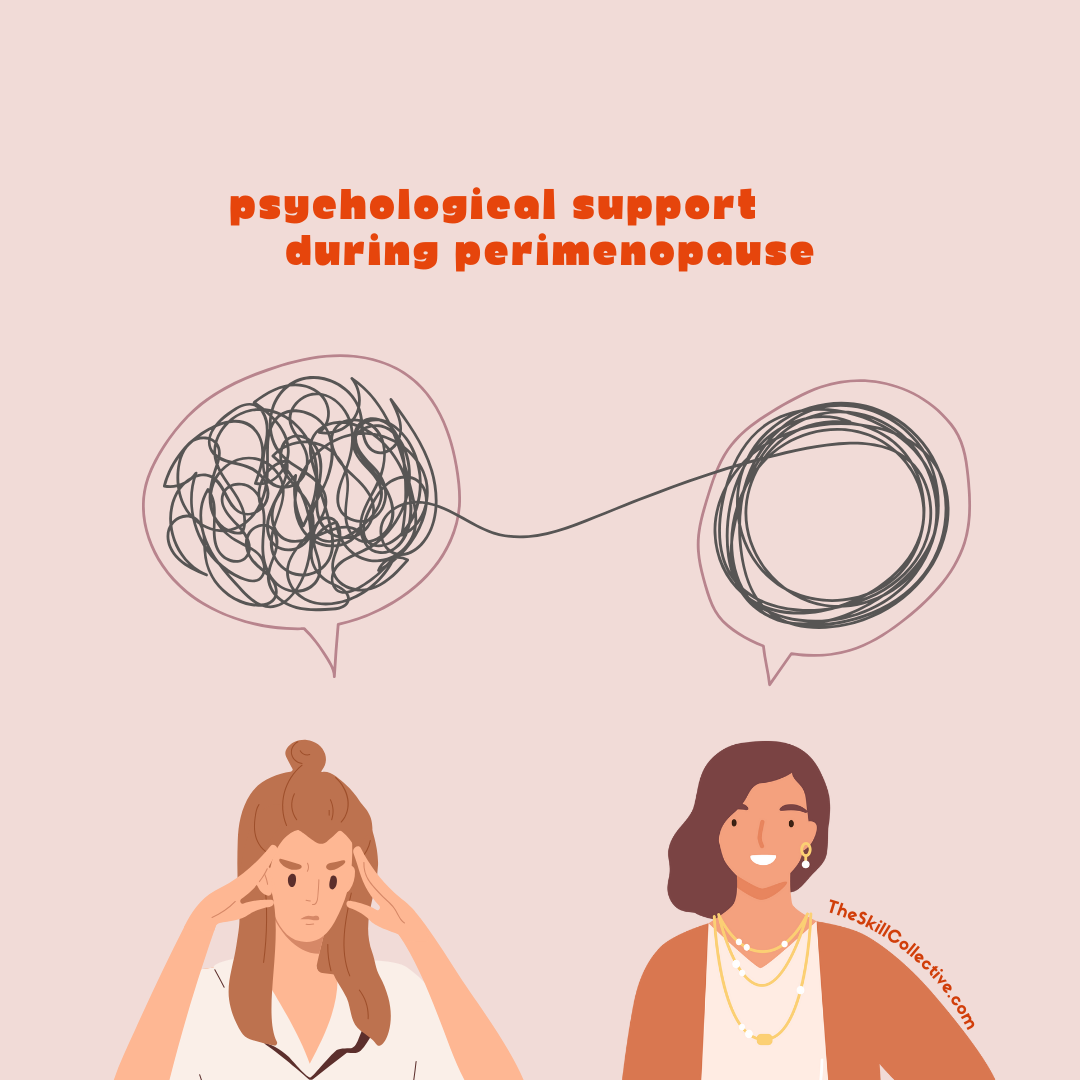What is PCOD? A Comprehensive Guide to Symptoms, Causes, and Diagnosis

Strong 8k brings an ultra-HD IPTV experience to your living room and your pocket.
Polycystic Ovarian Disease (PCOD) is a common hormonal disorder that affects women of reproductive age. It occurs when the ovaries produce excessive androgens (male hormones), leading to irregular menstrual cycles, ovarian cysts, and various metabolic complications. Many women remain unaware of their condition until they face difficulties in conception or experience persistent symptoms. Understanding PCOD problem symptoms, causes, and diagnosis is crucial for timely management and treatment.
For women diagnosed with PCOD, managing health risks and ensuring financial preparedness for medical treatments is essential. Maternity health insurance can provide coverage for fertility treatments, hormonal therapies, and other medical expenses associated with PCOD. This article provides a detailed insight into PCOD, its symptoms, causes, and the diagnostic process.
Understanding PCOD: What Happens in the Body?
PCOD is a condition where the ovaries produce immature or partially matured eggs, which may turn into cysts over time. This disrupts normal ovulation, leading to hormonal imbalances. Unlike Polycystic Ovary Syndrome (PCOS), which is a more severe metabolic disorder, PCOD is primarily an ovarian dysfunction that can be managed with lifestyle changes and medical intervention.
Women with PCOD often experience irregular periods, acne, weight gain, and excessive hair growth due to elevated androgen levels. While it may not always lead to infertility, it can make conception challenging and increase the risk of pregnancy-related complications.
Common Symptoms of PCOD
Recognising PCOD problem symptoms early can help women seek medical intervention and prevent complications. The symptoms vary in severity but commonly include:
1. Irregular Menstrual Cycles
One of the primary indicators of PCOD is irregular or missed periods. Some women experience heavy bleeding during menstruation, while others have infrequent or absent periods.
2. Excessive Hair Growth (Hirsutism)
High androgen levels can cause excessive hair growth on the face, chest, back, and other areas where men typically grow hair. This condition, known as hirsutism, can be distressing for women.
3. Acne and Oily Skin
Hormonal imbalances in PCOD lead to increased oil production in the skin, resulting in persistent acne, particularly on the face, back, and chest.
4. Weight Gain and Difficulty Losing Weight
Many women with PCOD struggle with unexplained weight gain, particularly around the abdomen. Insulin resistance, a common issue in PCOD, makes weight management more challenging.
5. Thinning Hair or Hair Loss (Female Pattern Baldness)
Hair thinning or hair loss from the scalp is another symptom caused by increased androgens. This condition resembles male pattern baldness and can be emotionally distressing.
6. Fatigue and Low Energy Levels
Women with PCOD often feel tired or sluggish due to metabolic imbalances and insulin resistance.
7. Mood Swings and Anxiety
Hormonal fluctuations can contribute to mood swings, anxiety, and even depression in some women.
8. Fertility Issues and Difficulty Conceiving
Since PCOD affects ovulation, many women face challenges in getting pregnant. However, with proper treatment and lifestyle management, conception is possible.
Causes of PCOD
The exact cause of PCOD is unknown, but several factors contribute to its development:
1. Hormonal Imbalance
Women with PCOD produce excessive androgens, which interfere with regular ovulation and menstrual cycles. This imbalance also contributes to acne, hair loss, and weight gain.
2. Insulin Resistance
A significant number of women with PCOD have insulin resistance, meaning their bodies do not use insulin effectively. This leads to high insulin levels, which can trigger excessive androgen production and weight gain.
3. Genetic Predisposition
PCOD often runs in families, suggesting a genetic component. If a mother or sister has PCOD, the chances of developing the condition increase.
4. Inflammation
Chronic low-grade inflammation is common in PCOD and may contribute to insulin resistance and hormonal imbalances. Inflammatory markers are often elevated in women with PCOD.
5. Lifestyle and Dietary Factors
A sedentary lifestyle, poor diet, and lack of exercise can worsen PCOD symptoms. High sugar intake and processed foods can exacerbate insulin resistance and weight gain.
How is PCOD Diagnosed?
There is no single test to diagnose PCOD. Instead, doctors evaluate medical history and symptoms and perform a series of tests to confirm the condition.
1. Physical Examination and Medical History
Doctors will assess menstrual history, weight changes, and symptoms like excessive hair growth or acne. They may also check for insulin resistance signs such as darkened skin patches (acanthosis nigricans).
2. Blood Tests
Hormonal blood tests are conducted to measure levels of androgens, insulin, luteinizing hormone (LH), follicle-stimulating hormone (FSH), and thyroid function. High androgen levels and an imbalanced LH to FSH ratio indicate PCOD.
3. Ultrasound (Pelvic Sonography)
A pelvic ultrasound is done to check for multiple small cysts in the ovaries and assess the thickness of the uterine lining. While cysts are common in PCOD, not all women with PCOD develop them.
4. Glucose Tolerance Test
Since insulin resistance is common in PCOD, a glucose tolerance test may be performed to check how the body processes sugar.
Why Health Insurance is Important in Managing PCOD
PCOD requires long-term management, including medication, lifestyle changes, and sometimes fertility treatments. This can lead to significant medical expenses. Opting for maternity health insurance can help cover the costs of consultations, diagnostic tests, and treatment options such as hormone therapy, IVF, or other fertility treatments if needed.
Niva Bupa Health Insurance offers comprehensive health insurance plans that cover women’s health needs, including maternity care, diagnostic tests, and hospitalisation for PCOD-related complications. Having the best family health insurance plan ensures that women do not have to worry about financial burdens while managing their health condition.
Conclusion
PCOD is a common but manageable hormonal disorder that affects many women worldwide. Early detection and timely medical intervention can help reduce symptoms and improve overall well-being. Women experiencing PCOD problem symptoms such as irregular periods, excessive hair growth, acne, or weight gain should consult a healthcare professional for diagnosis and management.
Maintaining a healthy lifestyle, following a balanced diet, and staying active can significantly improve symptoms. Additionally, investing in maternity health insurance ensures financial security for treatments, consultations, and future pregnancy-related expenses.
Understanding PCOD and taking proactive measures can help women lead a healthier and more balanced life. If you suspect you have PCOD, seek medical advice and consider securing a comprehensive health insurance plan for long-term well-being.
Note: IndiBlogHub features both user-submitted and editorial content. We do not verify third-party contributions. Read our Disclaimer and Privacy Policyfor details.







